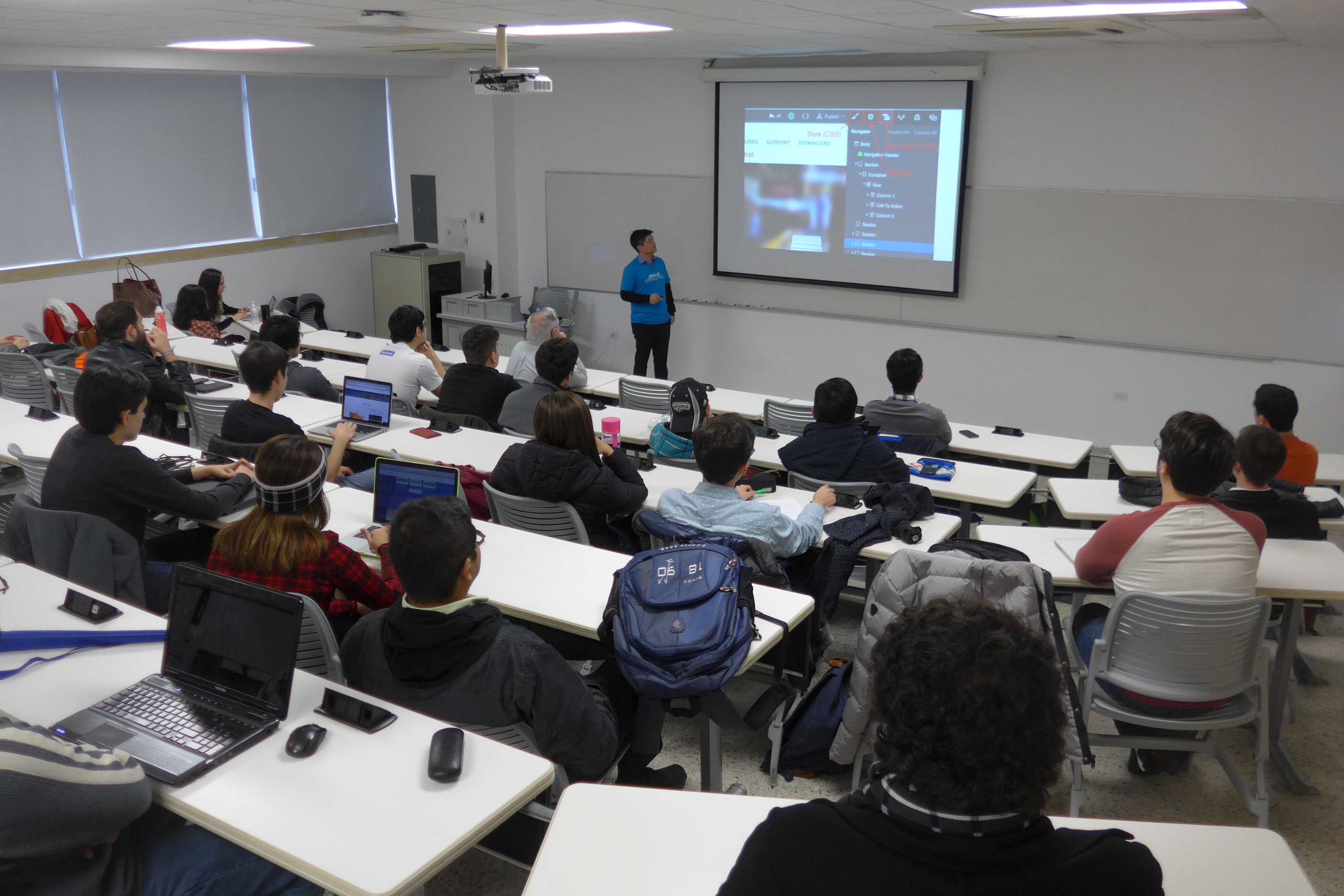Searching for a web development partner can be quite challenging due to the sheer quantity of options to pick from. After all, with today’s globalized world, you can pick a web development partner anywhere from the USA to India. Nevertheless, as we discussed in other articles, the most practical and effective partners are the nearshored web development teams. Of course, although this decreases the pool for you to choose from, the task can still be puzzling. Hence, we made this to help you by identifying 5 factors to look for in a web development partner.
1. Web Development Experience
Just like you wouldn’t visit a doctor with no experience, you shouldn’t trust a web development partner with no experience. You want to find a team that has a portfolio to show you. If a development partner has no portfolio, a very limited portfolio, or tries to deviate you from seeing their portfolio, it should be an immediate red flag. You want to see the type of work they have done. This gives you a taste of their experience, while also understanding what work they do. Most importantly, you want to find a team with the expertise that matches what your company is looking for. For example, as a B2C company, you want to find one that has a wide portfolio of B2C projects. Therefore, you should find a partner that has a substantial amount of experience related to your business.
2. Web Development Skills
Similar to industry experience, this factor focuses on their talent and the quality of their work. In addition to the company’s experience, you want to look into their employee’s talent. For example, what projects each of their individual team members have worked on. This is because you want to find the right individuals for your project. Nevertheless, the most important part of a partner’s experience and skills is that they practice what they preach. For instance, if their own website seems to be poorly designed, it probably means their work is not that great. The reason being that if they can’t develop a proper website for themselves, how will they do it for you? Even with a wide range of experience, the fact that they don’t practice what they preach should be a concern.
All things considered, one way to see the quality of work from a potential partner is by asking for demonstrations. For example, asking to see the back-ends and front-ends they have developed. This will allow you to see how they work and organize their web development. Additionally, there are 3 skills to consider, mastery of development, design, and strategy. Rarely does a web development partner have all of them mastered. Therefore, you should look for ones close to mastering all of them, prioritizing for skills your company can benefit from. For instance, your company may have a good strategy in place but may lack the development and design aspect. In other words, you should be finding partners that fill your company’s gaps.
3. Web Development Range of Services
The range of services is basically the add-ons that come from partnering with a web development team. It is the additional services over the core services of development (front and back), design, and strategy, they can also offer content strategy, copywriting and more. After all, since the web development team is the one designing your website, they could also help you adjust your branding, as well as the SEO of your company. For example, Jonajo offers talent management and more as an additional service. As mentioned previously, this is another way for you to find a partner that fills the gaps in your company. As a matter of fact, many startups may be heavily focused on developing their products and may lack the time and ability to create a website, in addition to its marketing content. Therefore, by looking into the range of services, you can satisfy the needs of your own company.
4. Client References
Like in many other industries, references and reviews are critical. This means reaching out to former clients that have worked with the web development partner you are researching. After all, you want to learn about other company’s experiences with the web development partner. This will allow you to understand the value they can bring to your company. One thing to note is that you should consider the type of business that you are obtaining your references from. The reason is that if the company providing the reference has distinct needs than yours, the reference may not be as applicable. Case in point, if the company providing the reference focuses more on B2B, their reference may be less valuable if your company is a B2C. Thus, references are extremely helpful, but only if you find the right applicable references.
5. Web Development Process
Now that you have looked into their range of services, skills, experience, and references, the last consideration is their development process. Basically, you want to see the process of working with them. A major aspect to figure out is whether they actually do the development in-house. To illustrate, some web development companies may outsource the development to other companies. This extends the line of communication, drastically limiting the quality of the development you desire. In fact, this is a great way to determine the web development partner’s commitment to you. After all, a partner committed to you would not risk delegating your work to another third party. For instance, here at Jonajo, we hire all of our developers for our projects, safeguarding the quality of our service.
Another factor to consider is the fact that the development company is within your budget obviously. This is why nearshoring is beneficial, as nearshoring companies like us ensure the best web development at a competitive rate. Customization is another aspect that we have discussed. One needs to make sure the web development team is versatile, so they can build a website that fits your brand and company. Additionally, other factors to look into are the best practices and processes involved in their development. In particular, considering mobile-friendliness or even initially developing a mobile-friendly site, as it is an extremely important trend nowadays. At last, the web development partner should also be leveraging data (which you can provide) to further optimize your site. In other words, you should dig deep into how a potential web development partner conducts its business processes.
Conclusion
There are many more factors to consider, as different companies have different needs, but these are the five major factors I believe everyone should look for. I hope this article was of great help, and that you are able to find your ideal web development partner. In fact, feel free to look into Jonajo using these same factors, and see how we practice what we preach.






